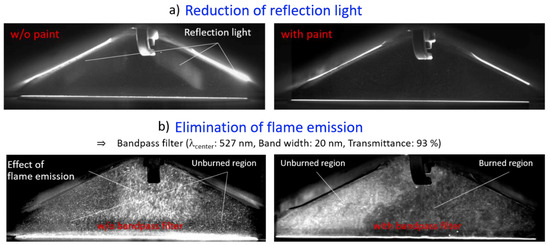Usually they are metal oxides that is compounds of metallic elements and oxygen but many ceramics.
Ceramics g borees.
Ceramic composition and properties atomic and molecular nature of ceramic materials and their resulting characteristics and performance in industrial applications.
The ionic bond occurs between a metal and a nonmetal in other words two elements with very different electronegativity.
A ceramic is any of the various hard brittle heat resistant and corrosion resistant materials made by shaping and then firing a nonmetallic mineral such as clay at a high temperature.
What do you want to learn.
Paint at home return pieces to us to be fired in the kiln.
Common examples are earthenware porcelain and brick.
With more than 100 pages of listings source 2020.
We will contact you when your finished ceramics are ready for pick up usually about a week.
Items will need to be returned to r r ceramics at the buyers expense.
These material properties are utilized to produce number of commercial and domestic products such as pottery bricks advanced functional items etc.
The boards are manufactured through a wet forming process using alumina silica fibers and binders.
Small class sizes so you learn faster with one on one instruction.
Ceramic materials can be identified by their general properties like high hardness brittleness chemical stability and low thermal conductivity.
The crystallinity of ceramic materials ranges from highly oriented to semi crystalline vitrified and often completely amorphous e g glasses.
Please use original packing boxes and materials.
Use the ceramicsource buyer s guide online.
Handmade ceramics pottery classes in vancouver bc.
Order under pottery to go section pick your items and color choices.
Over 10 000 products and growing.
We will contact you when items are ready for pick up.
Industrial ceramics are commonly understood to be all industrially used materials that are inorganic nonmetallic solids.
Each year the december issue of the acers bulletin features the ceramicsource our annual buyer s guide for everything related to the ceramics and glass industries.
Two types of bonds are found in ceramics.
Boards are available in a variety of temperature ratings dimensions and custom vacuum formed shapes.
Standard board grades are standard high purity and zirconia.
Advanced ceramics and traditional ceramics are the main categories of ceramic materials.

